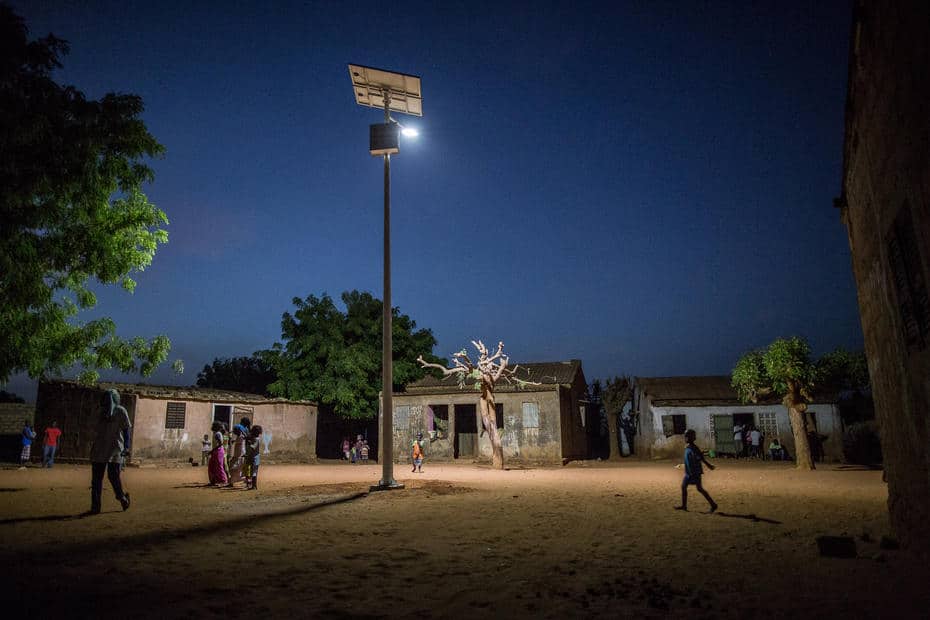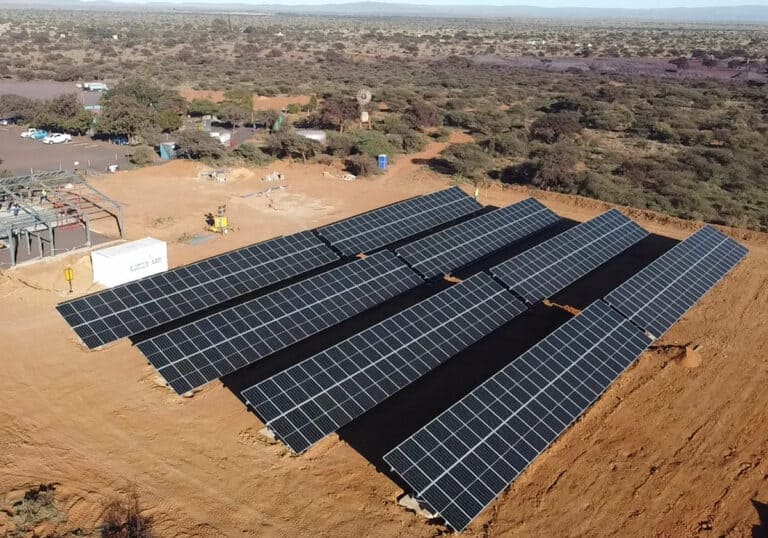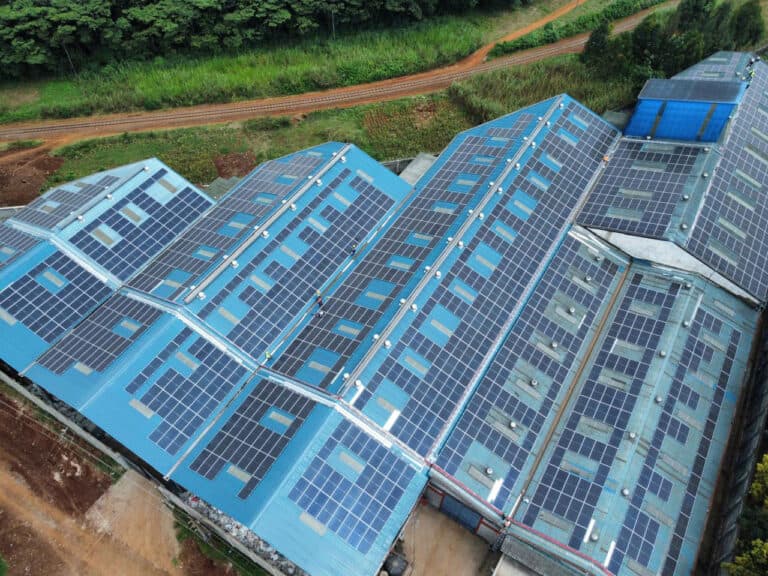Sustainable energy refers to energy obtained from non-exhaustive sources, such as wind, hydroelectric, geothermal, biomass and solar. Each source of energy has unique benefits and costs, but the benefits of sustainable sources far outnumber the loss.
Access to clean and modern energy has always been a major problem facing the African continent. Over 80% of the African population does not have access to electricity. The power crisis in the continent takes away many opportunities from many people, some of which are subjected to poor living and working conditions. To solve the problem, there is need for governments and other stakeholders to consider investing in sustainable energy. The following are the positive effects that sustainable energy in Africa would have on the populations.
Renewable energy will enable consumers to save money, since sustainable energy production is affordable and more efficient.
For instance, bio-gas plants that produce power from waste and compost can produce about 40% more bio-gas in about a quarter of the time it would take electricity plants to produce energy.
Sustainable energy contributes to sustainable development, as there will be no depletion of natural minerals and disruption of water sources. The energy industry is the greatest user of fresh water, a commodity that is inaccessible to many people in the continent. By embracing renewable energy, there will be no air and water pollution, implying that Africans will be living on clean and safe environments.
The benefit of these sources also extends to the creation of employment opportunities. The money invested in sustainable energy is spent on materials and personnel that install and maintain equipment, instead on importing energy. The money on the energy, therefore, stays in the country.
The use of fossil based energy makes Africa vulnerable to political instabilities in other countries, trade disputes, and other negative impacts. Most of the fuel energy used in the continent is imported from overseas countries, making Africa vulnerable to political and social happenings in such countries. There is a dire need for the continent to come up with ways of producing its energy.
A vast, inexhaustible source of energy will also be achieved. Africa is characterized by strong winds, first flowing rivers, sunny skies, and heat from the earth that can provide constant energy supply. Numerous studies have showed that sustainable energy can be deployed to provide a significant portion of future energy needs, despite numerous challenges.
The energy crisis that faces Africa can only be solved through embracing sustainable energy. The trend will see an improvement in how the continent operates.





